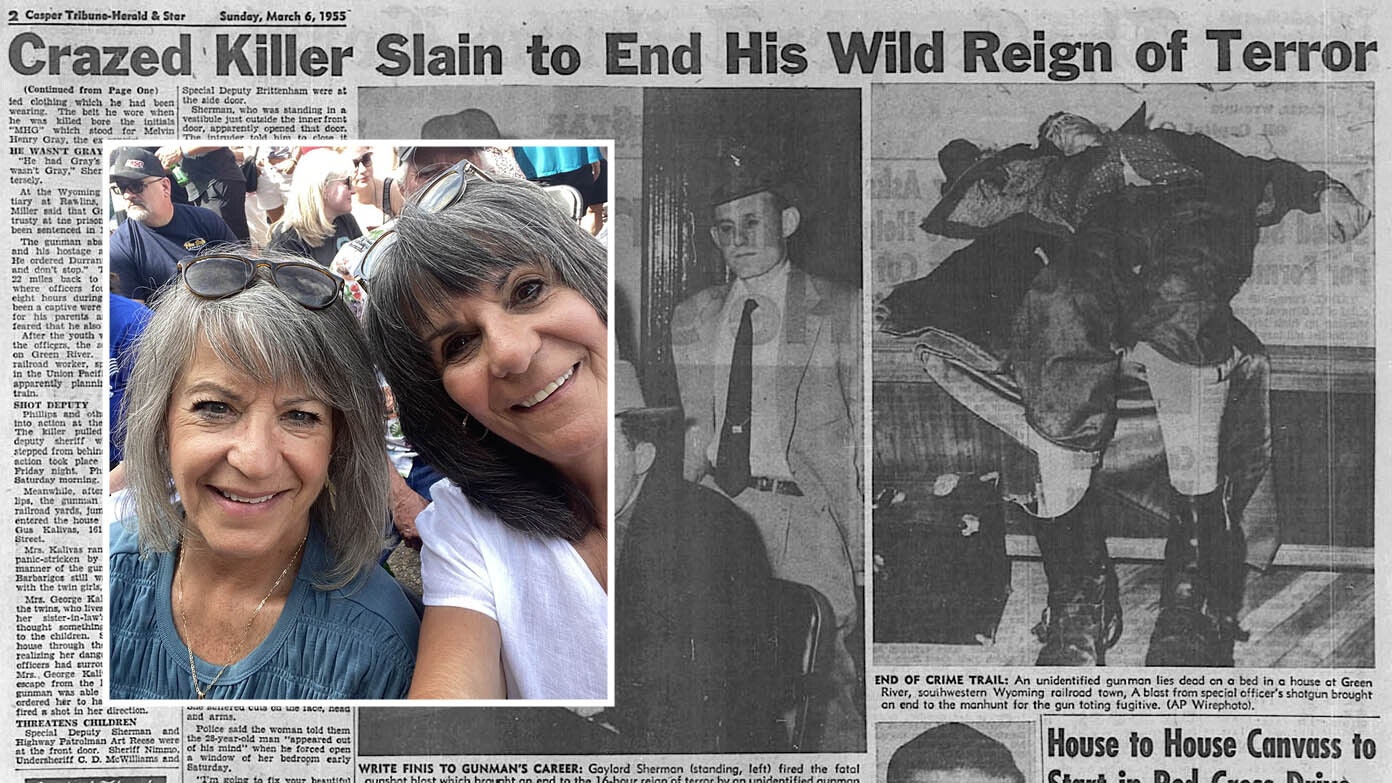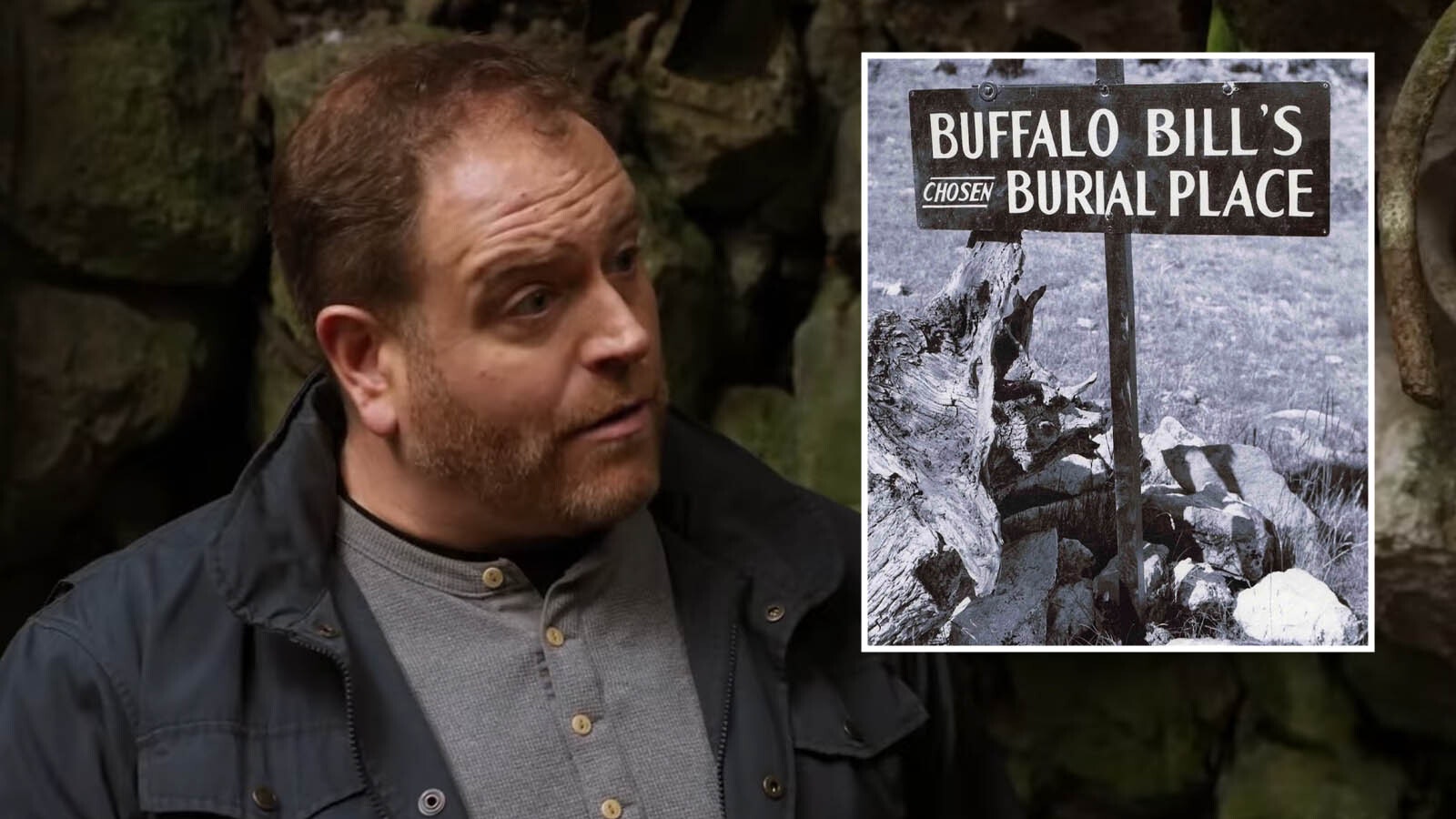A bill that would have set a deadline for public agencies to turn over public documents was pulled back Tuesday to allow for a major overhaul.
The Senate Corporations, Elections and Political Subdivisions Committee, faced with concerns by state and local government agencies about a proposed 10-day deadline for the release of public documents and criminal penalties for the law’s violation, agreed to begin work on the bill again using language proposed by the Wyoming Liberty Group.
Most committee members agreed that the change to the Wyoming Public Documents Act was needed to further improve government transparency, a cause championed by Gov. Mark Gordon and Auditor Kristi Racines.
“I feel this is an important tool to move the effort of our auditor and chief executive forward,” said Sen. Cale Case, R-Lander. “If we let this slide, we will do a real disservice for transparency in Wyoming.”
The original bill, SF 57, would have set a 10-day deadline for government agencies to turn over documents and would have established criminal penalties for government officials who refuse to release public documents. The penalty could be a felony for anyone who knowingly and intentionally withheld a document that should be released.
The Wyoming Liberty Group’s proposed changes to the bill would set the deadline at 30 days and eliminate the criminal penalties entirely.
“That’s not the way we do things,” said Cassie Craven, who forwarded the group’s recommendations to the committee.
The group also recommended the creation of a document “ombudsman” inside the state who would resolve conflicts over the release of documents.
Craven said the philosophy governing public documents should be that the documents belong to the public, not the government.
“We need to take the position that the people own these documents,” she said.
The committee decided to work on changes to the bill Wednesday and review a revised measure Thursday.
The board’s decision came after a number of officials from state and local government agencies expressed concern about the 10-day deadline, saying it often could not be met.
Steve Lindly, deputy director of the state Department of Corrections, said his department often receives massive record requests, many times from inmates, that can take up to 400 hours to process.
“I would say most of our requests cannot be met in 10 days with current resources,” he said.
Other agency directors agreed and said the criminal penalties contained in the original bill would make it hard for them to direct people to fulfill public document requests.
Tony Young, the state’s chief information officer, told the committee the answer might lie with improved technology that would allow the state to post most of the information sought through public information requests on publicly accessible websites.
“If we can put the technology together, we may not have these requests come up,” he said.





